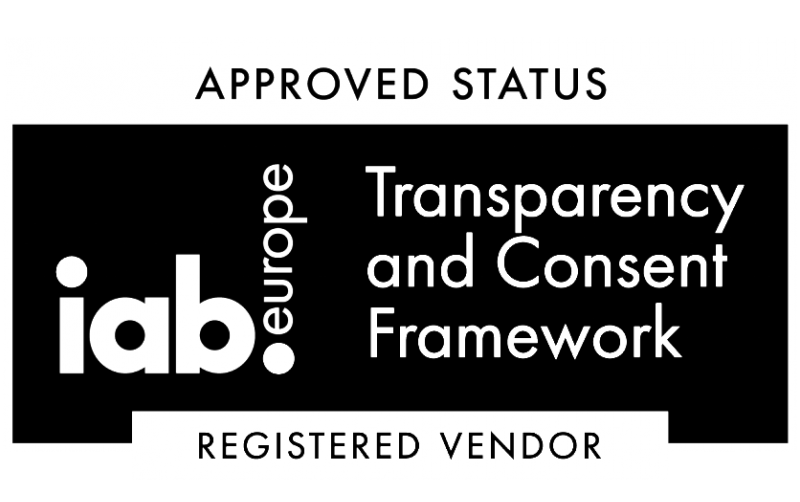Meta’s AI Evolution: Your Public Social Media Data is Now a Key Ingredient

The artificial intelligence landscape is evolving at breakneck speed, and tech giants are racing to develop more sophisticated and integrated AI models. Meta, the parent company of Facebook, Instagram, and WhatsApp, is no exception.
In a significant move, Meta has announced updates to its privacy policy, indicating that it will use publicly available information from its users’ social media profiles to train its generative AI models. This decision has sparked widespread discussion about data privacy, user control, and the future of AI development.
Powering the Next Generation of Meta AI
Meta’s ambition is to embed AI deeply into its platforms. We’re already seeing “Meta AI,” a versatile conversational assistant, being integrated across Facebook, Instagram, WhatsApp, and Messenger. This AI aims to do everything from answering user queries and generating images on demand within chats, to providing recommendations and summarizing content. Meta AI boasts features like creating custom stickers, editing photos with text prompts, and even assisting with travel planning or recipe ideas directly within the apps.
To enhance these capabilities and make its AI more accurate, relevant, and human-like, Meta requires vast amounts of data. The company has stated it will leverage “publicly shared information” from Facebook and Instagram – this includes posts, photos, and their captions. The goal is to train its LLaMA family of large language models, making them more powerful and competitive against rivals like OpenAI’s ChatGPT and Google’s Gemini.
The Legal Framework: “Legitimate Interest”
For users in the European Union, Meta is justifying this data usage under the General Data Protection Regulation (GDPR) through the legal basis of “legitimate interest.” This means Meta believes its interest in developing AI technology outweighs the potential privacy impact on users, provided their fundamental rights are respected. Unlike explicit consent, “legitimate interest” does not require users to actively agree to this specific use of their data. However, it does mandate that users are informed and, crucially, have the right to object or opt-out.
This isn’t Meta’s first attempt to use European user data for AI training; previous plans were paused due to regulatory scrutiny. The current approach, focusing on publicly available information and providing an opt-out mechanism, seems to be Meta’s renewed strategy to navigate these complex legal waters.
What Data is (and isn’t) on the Table?
Meta has been keen to clarify the scope of data usage. The company emphasizes that it will only use information users have chosen to make public on Facebook and Instagram. This includes your public posts, photos, videos, and the text accompanying them.
Importantly, Meta states that private messages exchanged between users will not be used to train these AI models. However, it’s worth noting that if you interact directly with Meta AI in a chat, those conversations can be processed by the AI, as is standard for most AI chatbot interactions. The focus for broader model training, though, remains on content explicitly shared with a public audience.
Your Right to Object: How to Opt-Out
Recognizing user concerns, Meta has provided a mechanism for individuals to object to their public information being used for AI training. Users can fill out a specific form titled “Right to object to the use of your information for AI at Meta”.
To access this, users typically need to navigate to their platform’s privacy center or settings. The form requires users to state their country of residence, email address, and explain why they are requesting that their data not be used. While Meta reviews these requests, it’s important to understand that this opt-out applies to future data usage. Information already processed or data from interactions with AI features might still be part of existing models. The process aims to give users a degree of control, though the effectiveness and ease of this opt-out will be closely watched.
Navigating the AI-Powered Future: Implications for Users
Meta’s move underscores a broader trend: user data is the lifeblood of modern AI development. While advanced AI offers exciting possibilities for enhanced user experiences and innovative tools, it also raises pertinent questions:
The Definition of “Public”: While users share content publicly, did they anticipate it would become training material for sophisticated AI? This blurs the lines of implied consent.
Data Minimization: Are tech companies collecting and using only the necessary data, or is the approach “more is better”?
Transparency and Control: While opt-outs are provided, are they accessible and clear enough for the average user?
For users, this development serves as a critical reminder to be mindful of what they share publicly on social media. Every post, photo, and comment contributes to a digital footprint that can now be directly used to shape the AI technologies that will, in turn, influence our online interactions.
Meta’s decision is a clear signal of the direction Big Tech is heading. As AI becomes more ingrained in our digital lives, the dialogue around data usage, privacy, and user autonomy will only intensify. Users must stay informed and exercise their rights to navigate this evolving landscape responsibly.
Stay tuned!

- Contacto DPO: privacy@telecoming.com
- Finalidad del tratamiento: suscripción al blog.
- Legitimación del contrato: consentimiento.
- Destinatario de cesiones o transferencias: no se efectúan transferencias de datos fuera de la UE.
- Derechos de las personas interesadas: acceso, rectificación, supresión, oposición, limitación del tratamiento, portabilidad de los datos e interposición de reclamación ante la AEPD.



